I'm receiving a standard request from an API. It looks something like this :
It's content type and length is :
But when this hits my Rails server, Rails responds with
The reason I'm bringing this up, is because the same request seems to work on SCORM Cloud's server. If I upload the exact same content to them, and watch it in the debugger, I see it send out an application/json statement with the same Request payload, but with no unexpected token error.
Does a Rails application/json request have to be written a certain way that differs from other servers? Is there a proper way to rewrite this line in Rack Middleware to prevent this error?
Update
The javascript :
function _TCDriver_XHR_request (lrs, url, method, data, callback, ignore404, extraHeaders) {
_TCDriver_Log("_TCDriver_XHR_request: " + url);
var xhr,
finished = false,
xDomainRequest = false,
ieXDomain = false,
ieModeRequest,
title,
ticks = ['/', '-', '\\', '|'],
location = window.location,
urlParts,
urlPort,
result,
extended,
until,
fullUrl = lrs.endpoint + url
;
urlParts = fullUrl.toLowerCase().match(/^(.+):\/\/([^:\/]*):?(\d+)?(\/.*)?$/);
// add extended LMS-specified values to the URL
if (lrs.extended !== undefined) {
extended = [];
for (var prop in lrs.extended) {
if(lrs.extended[prop] != null && lrs.extended[prop].length > 0){
extended.push(prop + "=" + encodeURIComponent(lrs.extended[prop]));
}
}
if (extended.length > 0) {
fullUrl += (fullUrl.indexOf("?") > -1 ? "&" : "?") + extended.join("&");
}
}
//Consolidate headers
var headers = {};
headers["Content-Type"] = "application/json";
headers["Authorization"] = lrs.auth;
if (extraHeaders !== null) {
for (var headerName in extraHeaders) {
headers[headerName] = extraHeaders[headerName];
}
}
//See if this really is a cross domain
xDomainRequest = (location.protocol.toLowerCase() !== urlParts[1] || location.hostname.toLowerCase() !== urlParts[2]);
if (! xDomainRequest) {
urlPort = (urlParts[3] === null ? ( urlParts[1] === 'http' ? '80' : '443') : urlParts[3]);
xDomainRequest = (urlPort === location.port);
}
//If it's not cross domain or we're not using IE, use the usual XmlHttpRequest
if (! xDomainRequest || typeof XDomainRequest === 'undefined') {
_TCDriver_Log("_TCDriver_XHR_request using XMLHttpRequest");
xhr = new XMLHttpRequest();
xhr.open(method, fullUrl, callback != null);
for (var headerName in headers) {
xhr.setRequestHeader(headerName, headers[headerName]);
}
}
//Otherwise, use IE's XDomainRequest object
else {
_TCDriver_Log("_TCDriver_XHR_request using XDomainRequest");
ieXDomain = true;
ieModeRequest = _TCDriver_GetIEModeRequest(method, fullUrl, headers, data);
xhr = new XDomainRequest ();
xhr.open(ieModeRequest.method, ieModeRequest.url);
}


